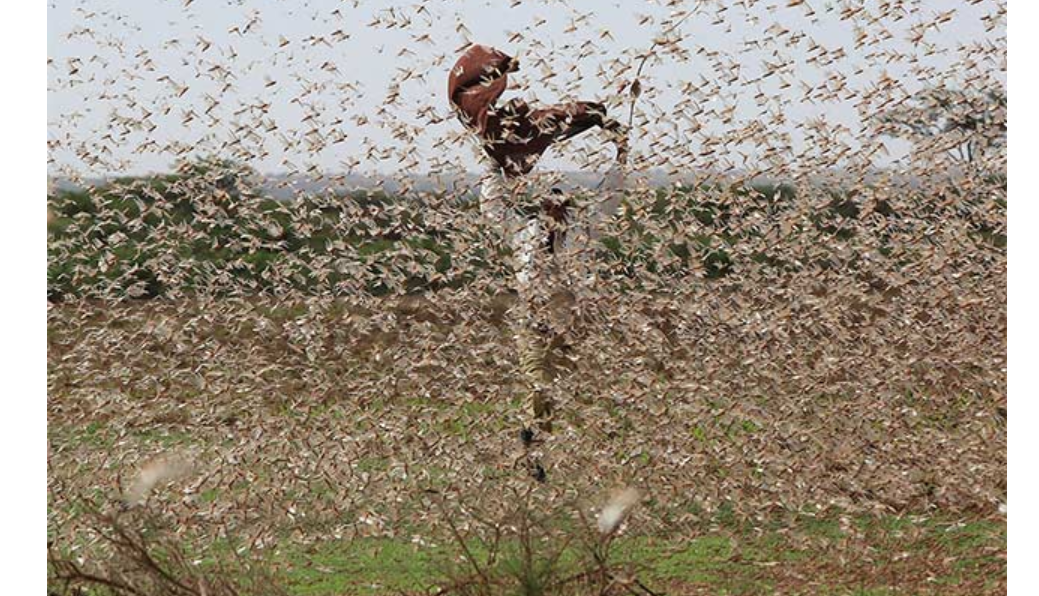'New smartphone app to tackle locust outbreak developed'

- Country:
- United Kingdom
Researchers have developed a novel smartphone app to tackle crop pests, an advance that may help farmers whose lands are being decimated by the ongoing locust outbreak against which the United Nations (UN) has called for "rapid action". The app called MAESTRO, described in the journal Scientific Reports, can recognize locusts and grasshopper pests through the smartphone's camera, and record their GPS location.
According to the researchers, including those from the University of Lincoln in the UK, farmers can use the app to record the location and volume of locusts and initiate targeted delivery of pesticides to prevent swarms from decimating crops in their path. They plan to develop a cloud server to which the app data can be uploaded so that the swarm's location can be identified in real-time.
With such a facility, the scientists hope to employ a targeted approach for the precise use of pesticides, reducing the magnitude of locust swarms. "Each year, approximately 18 million hectares of land is damaged by locusts and grasshoppers, impacting hugely on farmers and their productivity," said study co-author Bashir Al-Diri from the University of Lincoln.
The current locust outbreak is the biggest in 26 years in India, beginning late last year in Gujarat and Rajasthan, and also affecting Punjab recently. "Monitoring techniques currently rely on field surveys by people through digging insect eggs, but this information only helps farmers to make mid and long-term forecasting decisions and can delay effective management measures," Al-Diri said.
The researchers gathered more than 3,500 images of locusts to train the app, which can also recognize a variety of terrain and plant growth, the study noted. "Our goal is to help farmers identify and record the spread of locusts on their land before they start to develop airborne swarms. We hope this new app will eventually put more knowledge and more power into the hands of the farmers," Al-Diri said.
"They will be able to predict insect population and spread, and act quickly and accurately to save their crops," he added.
(This story has not been edited by Devdiscourse staff and is auto-generated from a syndicated feed.)










